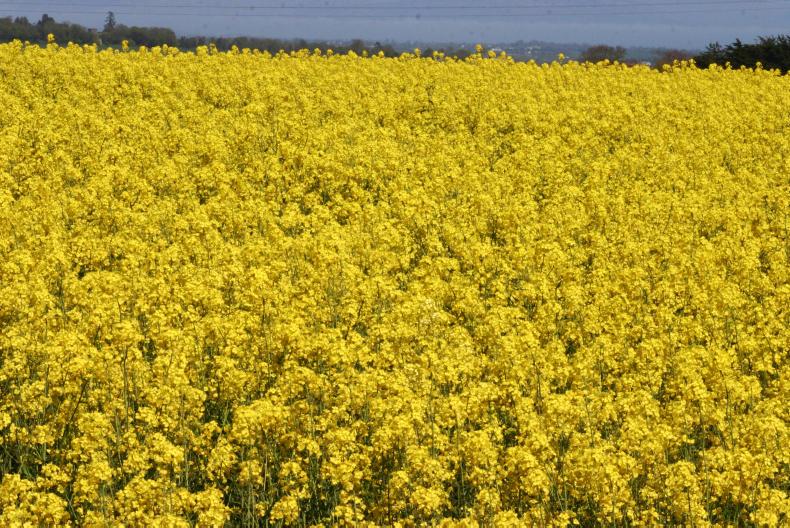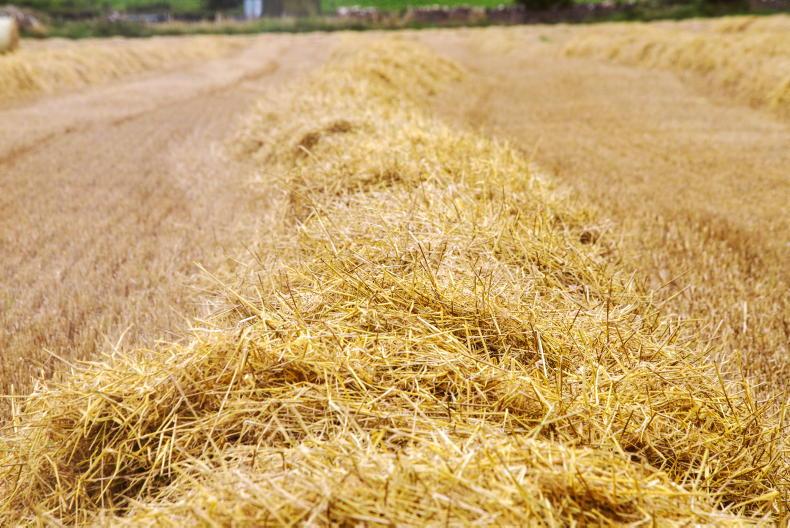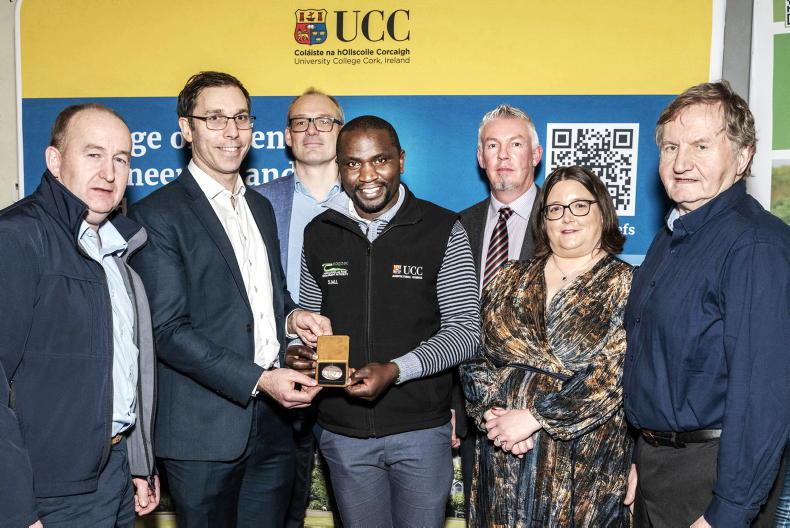The NFU England and Wales is warning that to succeed, oilseed rape production needs new tools to deal with disease and pests like the cabbage stem flea.
Figures released in the Harvest Survey show yields dropped to 3.4t/ha, below the five-year average of 3.6t/ha.
This has been put down to farmers having no access to effective plant protection products, leading to increased pest pressures for the crop. This means that farmers are being forced to reduce the area of oilseed rape grown.
Lost access
Since farmers lost access to the neonicotinoid group of pesticides, they have been looking for improved access to new chemical options. This is an increasing issue, as many active ingredients currently on the market have resistance in UK crops.
NFU combinable crops board chair Tom Bradshaw said: “Despite a challenging growing season, the UK arable sector has shown strong physical resilience and our sector crucially needs this to be converted into long-term business resilience.
I have heard from countless farmers that they are questioning whether it is worth growing the crop
“However, the glaring result from this survey is the significant drops in oilseed rape yield, which can almost certainly be attributed to the loss of effective plant protection products to control pest pressure.
"I have heard from countless farmers that they are questioning whether it is worth growing the crop as a result. It just demonstrates how crucial it is to have an agricultural policy that gives farmers confidence to grow these crops, not the opposite.
Vital crop
“Oilseed rape is a vital crop for the arable sector. It is crucial to a broad rotation and has huge demand across a wide range of products including food, cosmetics, plastics, energy and animal feed.
"This demand will not fall away. But if farmers stop growing this crop, we will simply become more reliant on imports of oilseed rape and other oil crops, either produced with products that farmers do not have access to in this country or being produced with a huge environmental impact.
"We will be severely undermining our farmers and the British arable sector, as a result.
“That’s why we need to see a future plant health strategy that allows farmers and growers to harness innovation and provides growers with solutions to run sustainable businesses, while ensuring the needs of the public and the environment are met.
"We firmly believe that enhancing and protecting the environment goes hand in hand with food production and it is crucial that farmers have access to all the tools in the toolbox to provide safe, traceable and affordable food for all.
Brexit
“While these issues are of paramount importance to the arable sector, the outcomes of Brexit are absolutely critical and we continue to stress the need to avoid a no-deal Brexit.
"Leaving without a deal would be disastrous for the arable sector, with yesterday’s announcement from government on its no-deal Brexit trade tariff schedule missing the opportunity to back British farming by removing tariff protection for our crops.
"We face a future where the UK imports crops and food products which will still have access to crop protection products which are illegal in this country.
“We need to see the government commit to a trade policy that does not serve to undermine our own growers and to a new domestic agricultural policy that helps farmers better manage the risk involved with growing crops, from pest pressure to increasingly volatile weather.”









SHARING OPTIONS